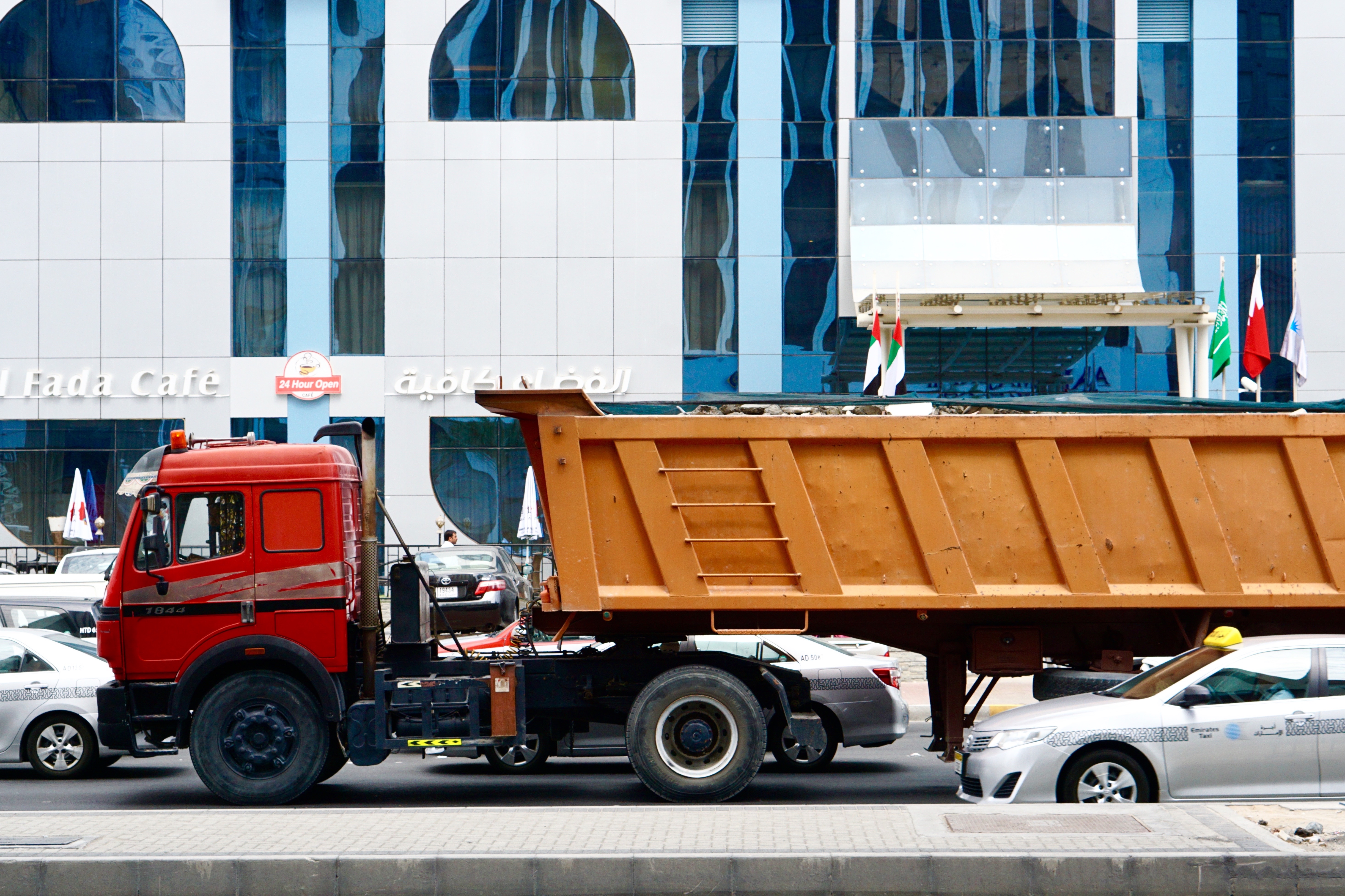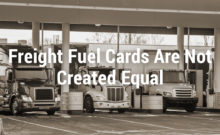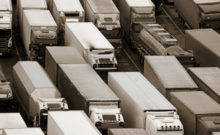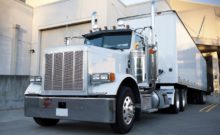There are almost 12 million trucks on the road across the United States. Since our nation’s economy is based on the ability to move goods from one location to another, having open lanes on the highway and low traffic in cities is important to keep commerce running on schedule. However, road congestion is on the rise, and the cost of waiting is translating to some very large numbers.
The Cause Of Road Congestion
Believe it or not, road congestion is one of the symptoms of a successful marketplace. When the economy is on an upswing, employment is down and consumerism is up. The drawback to this success is that more people are on the road to go to those jobs and to go shopping. All of this creates an interesting loop, because as people are making and spending money, more trucks are needed to deliver and distribute goods and supplies. Thus, we end up with road congestion.
Breaking Down The Numbers Of Road Congestion
Rounding up to the nearest dollar, the overhead cost of operating a truck averages to around $64 per hour. Going by the most recent statistics, truck drivers have been experiencing over 996 million hours of delays in highways alone. This does not account for city traffic delays. Highway road congestion is costing the trucking industry about $63 billion dollars a year. To scale the numbers to a per driver basis, the cost of driving a truck in traffic conditions costs roughly 23 cents per mile. For a comparison, the cost of running a truck in 2014 was only 18 cents per mile, including road conditions. If we take the average trucker’s work week and place it at 55 hours, the 996 million hours of delays over the course of a year yields a startling result. The equivalent of roughly 362,000 trucks are sitting idle in traffic for a full year. Again, these statistics do not factor for road congestion in cities, only on national highways.
What Does Road Congestion Mean For The Economy As A Whole?
With traffic delays and gridlock costing the trucking industry over $63 billion dollars a year, there has to be an offset of some sort. Some trucking fleets and even independent drivers are rolling the rising cost of operating vehicles on congested road systems into their invoices, which could cause an incremental rise in the cost of goods at the point of sale. In lieu of major solutions, the trucking industry will have to bear the brunt of this symptom of the healthy economy.






